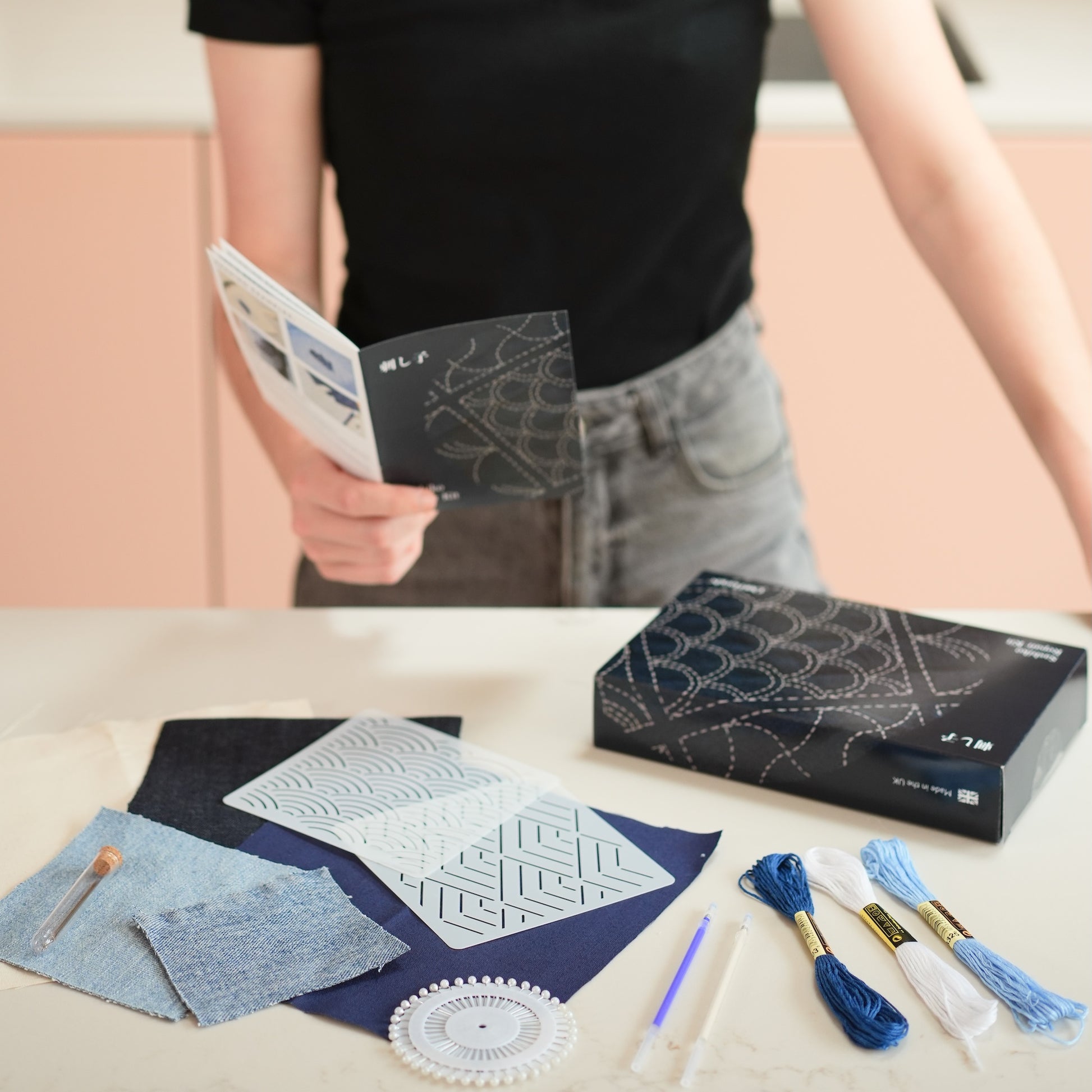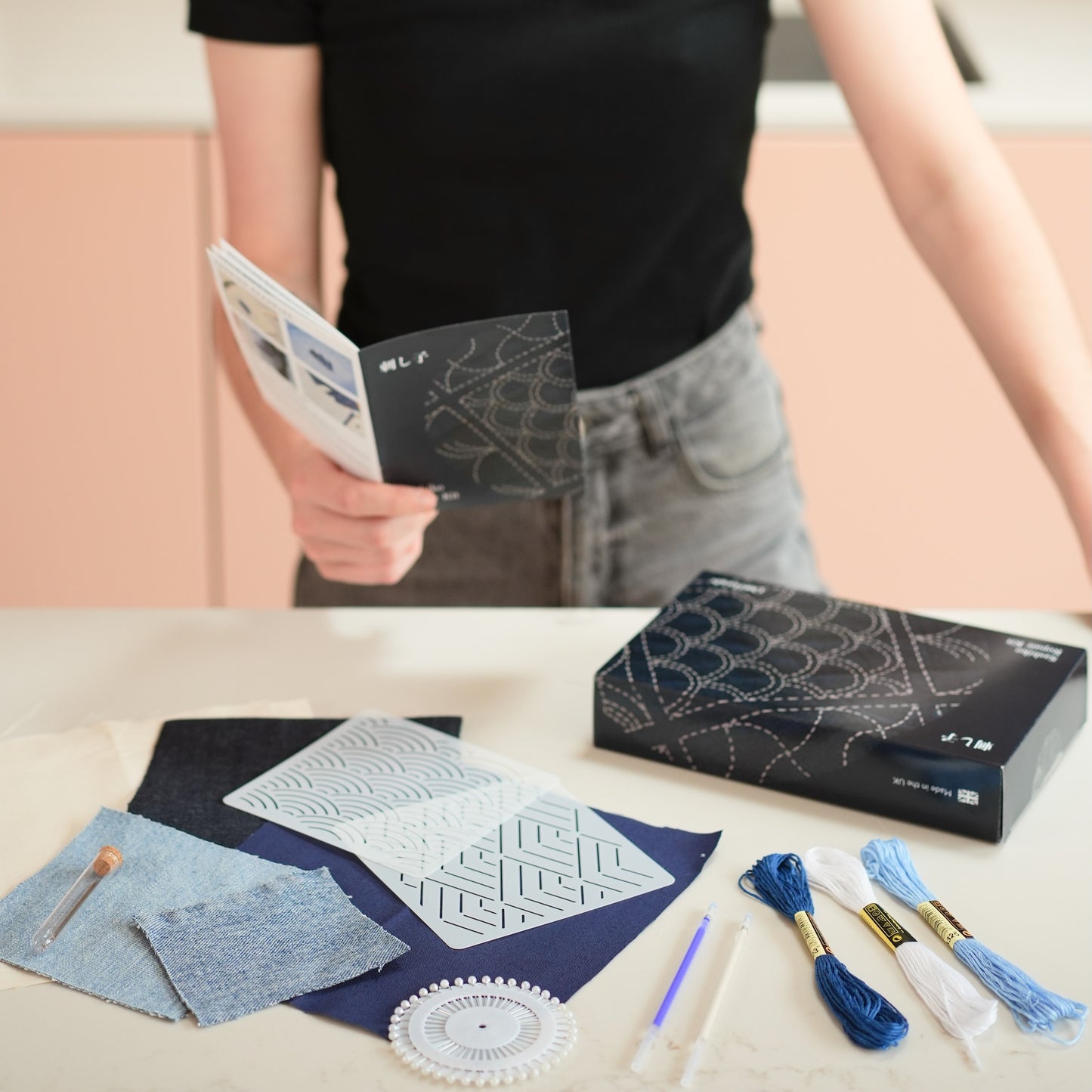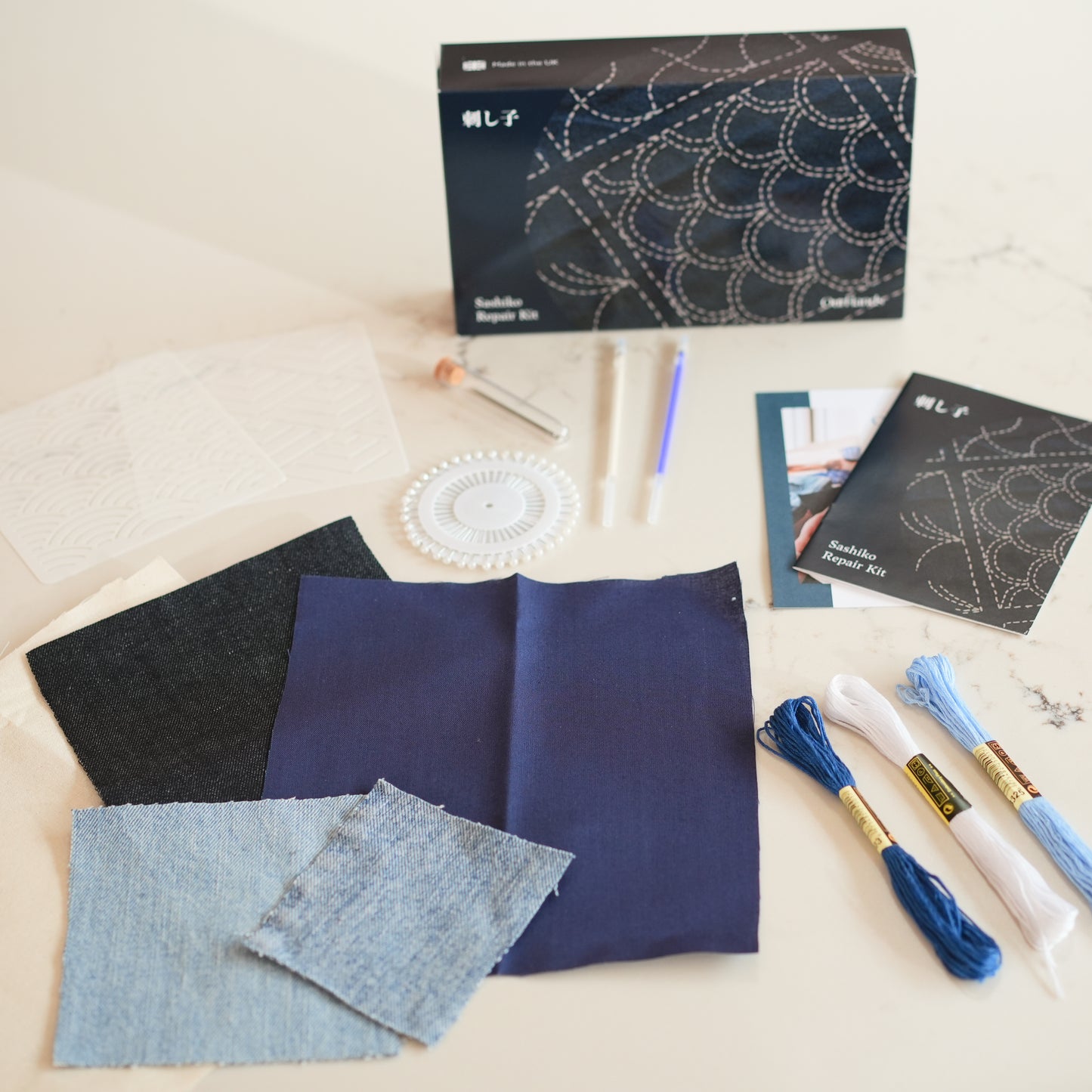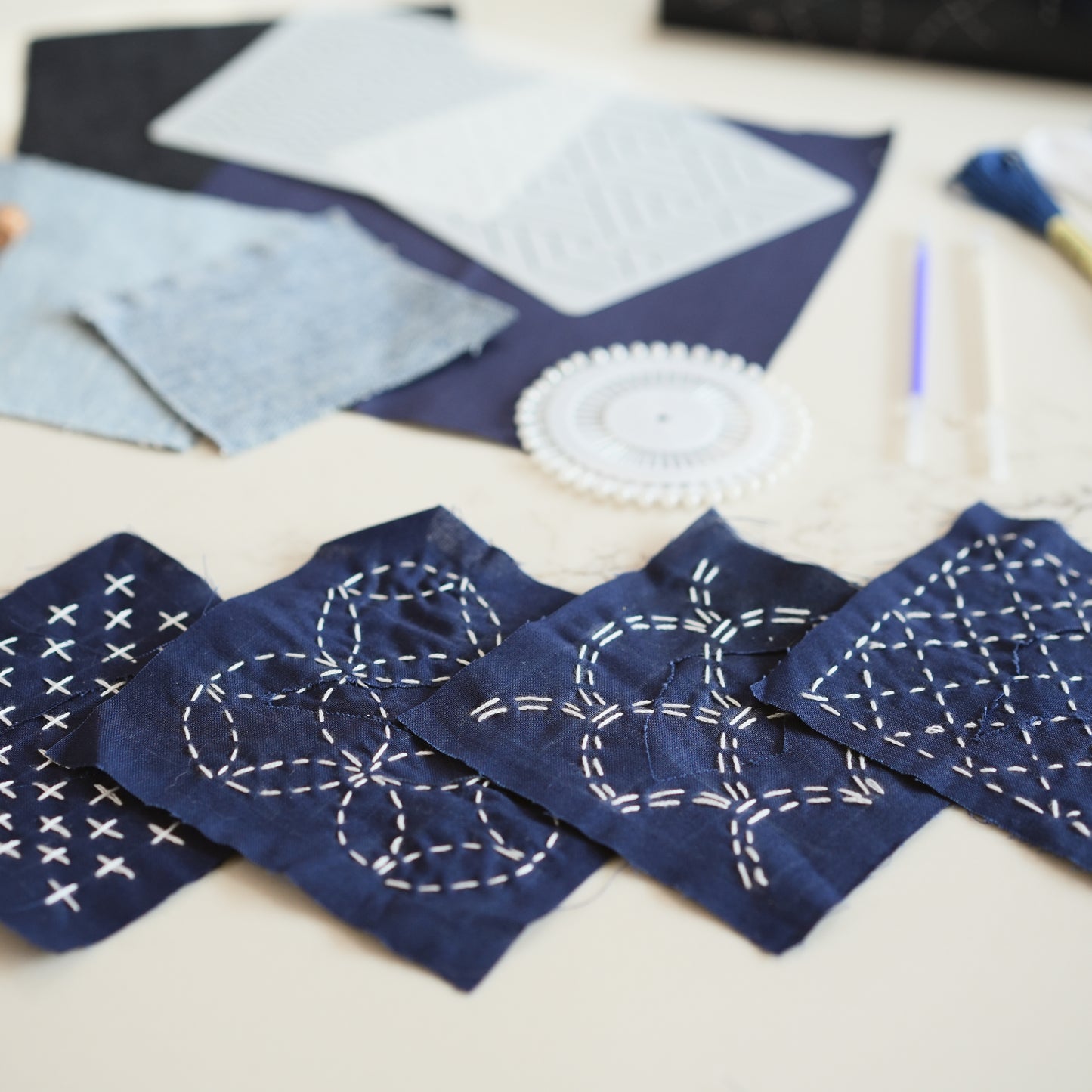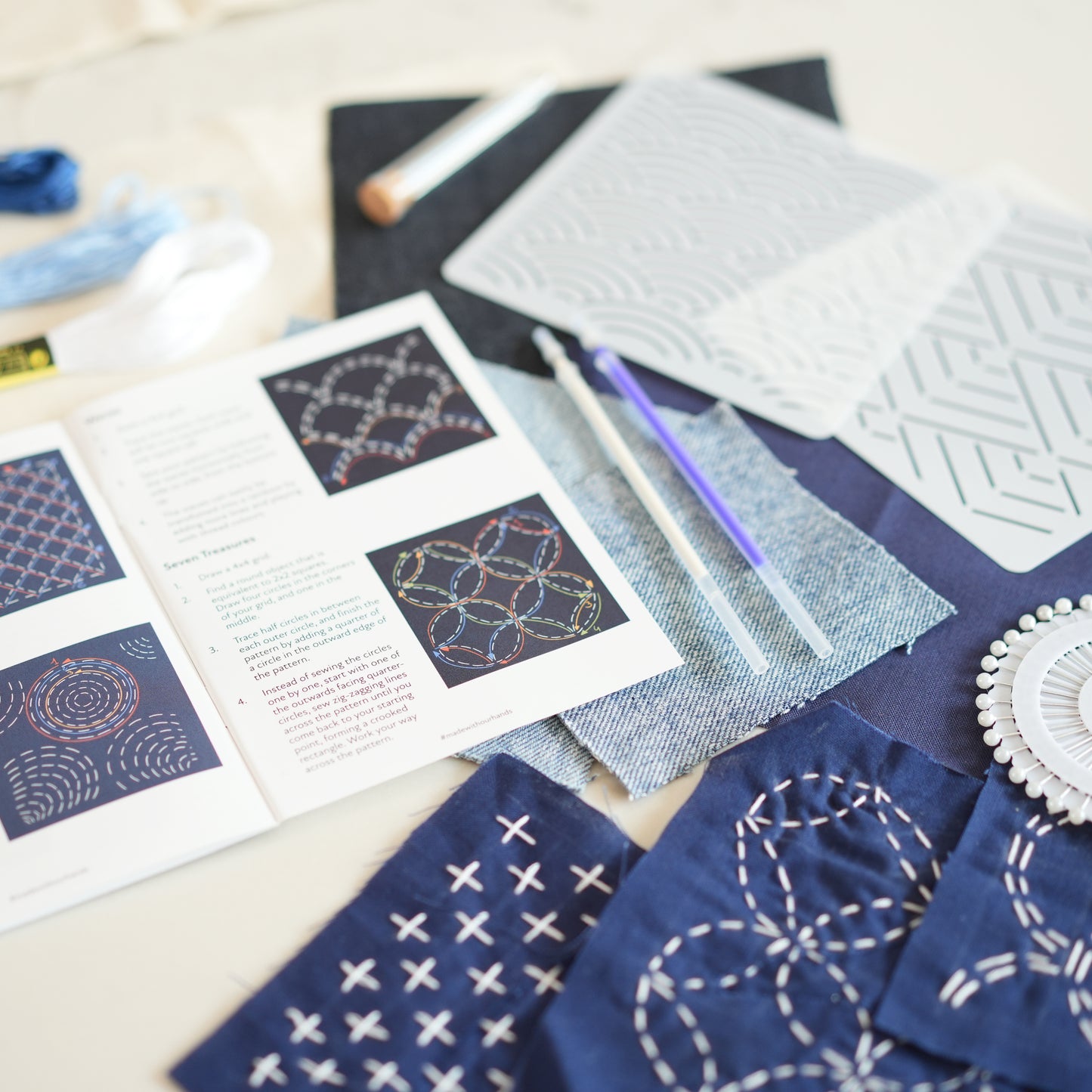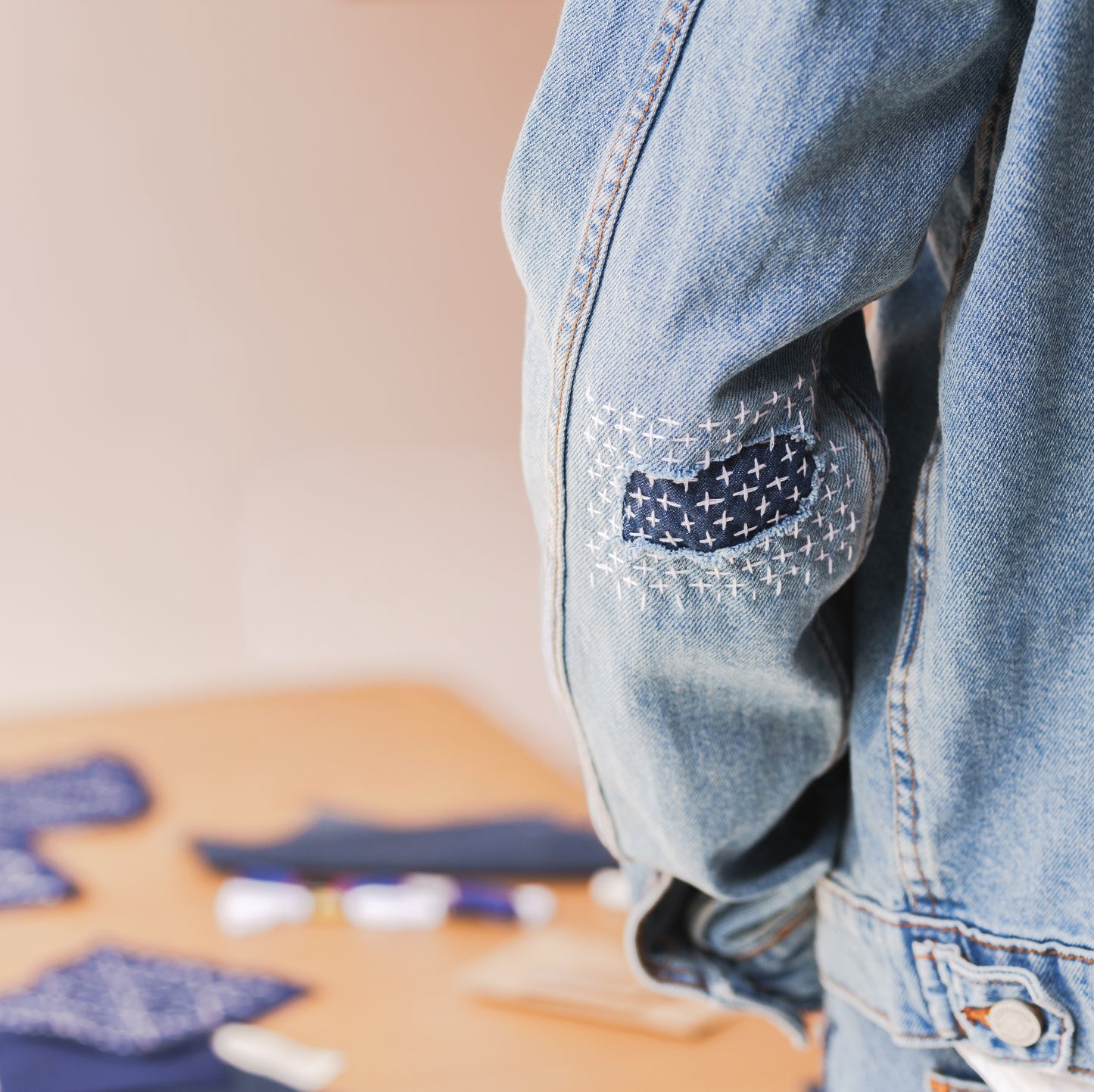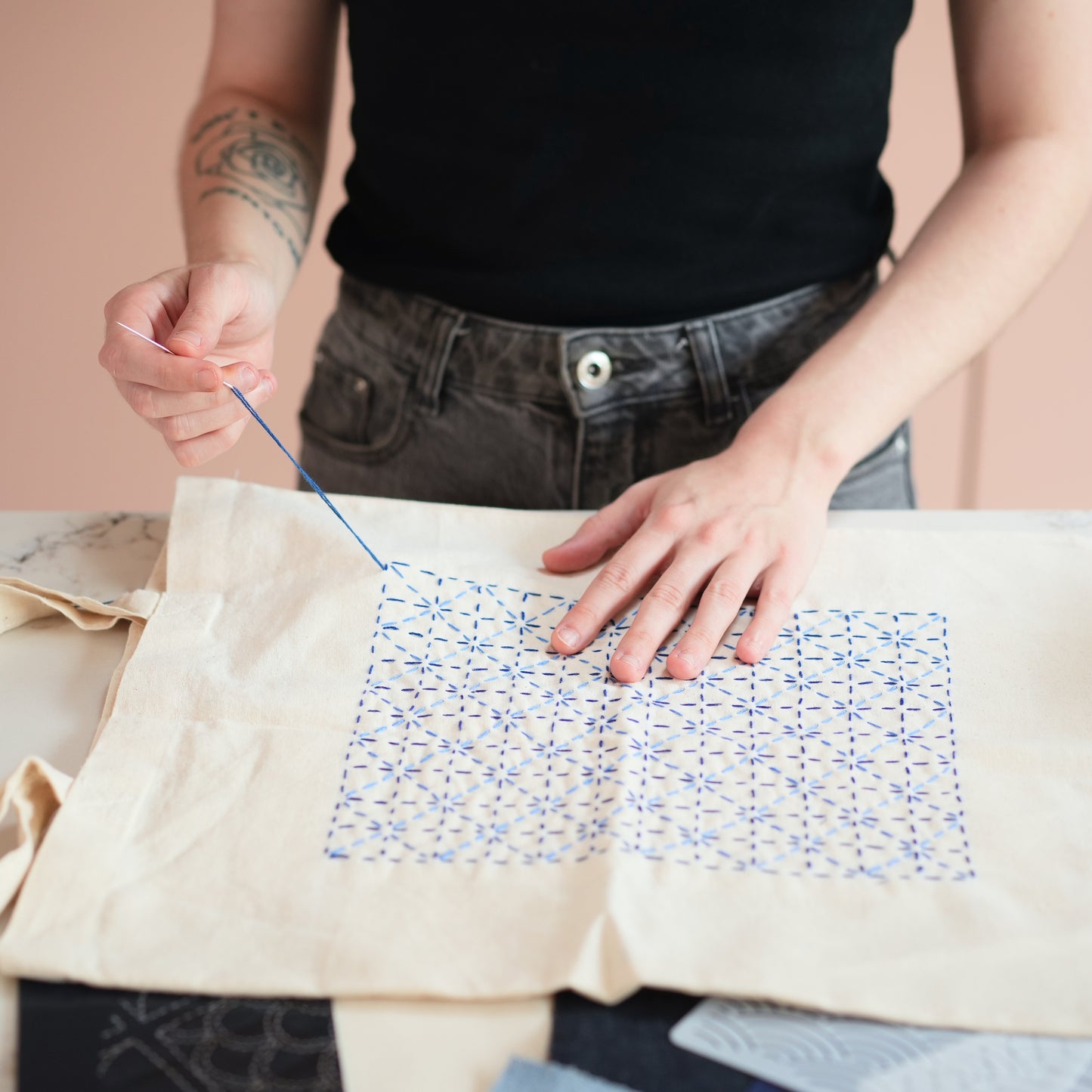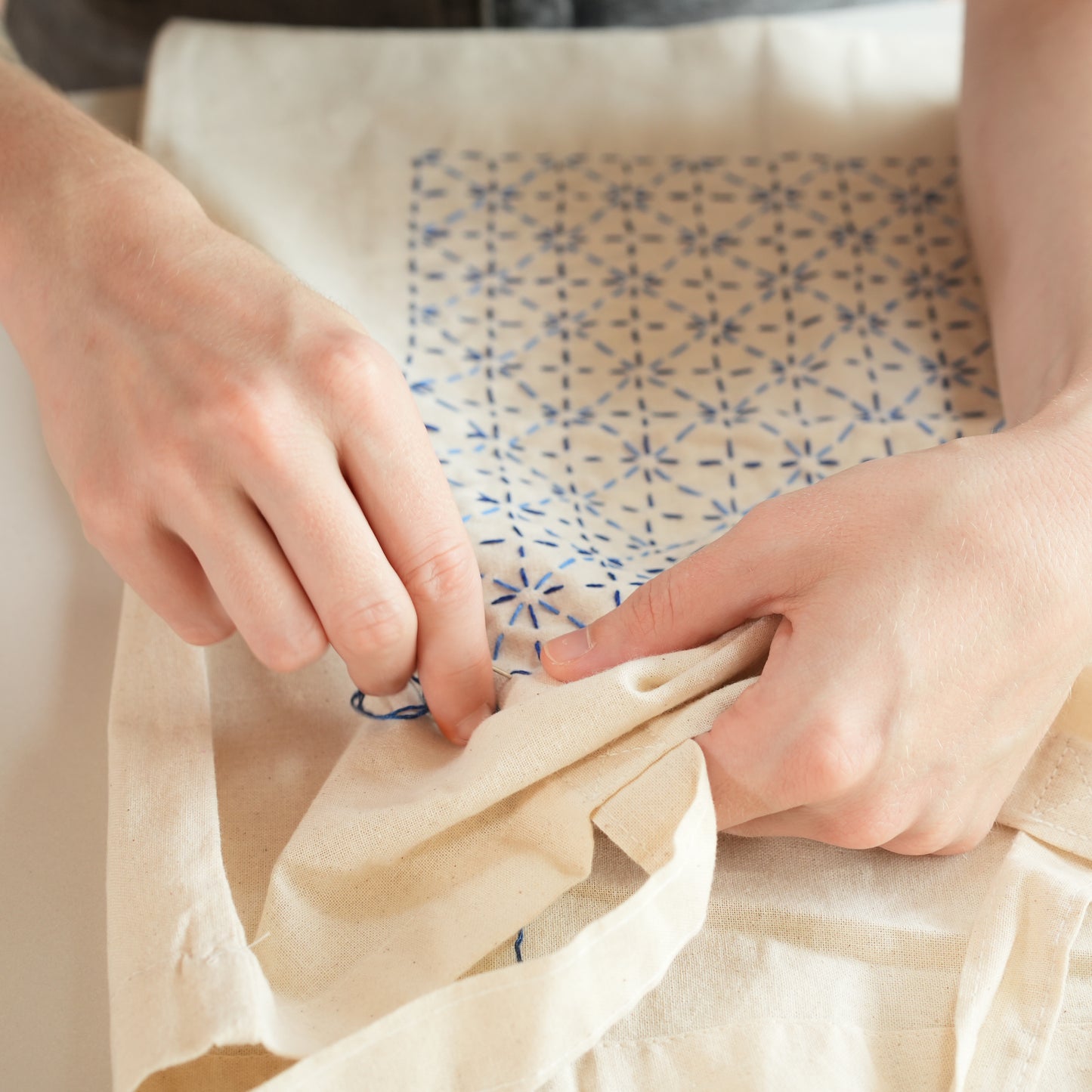Sustainability at OurHands
From the very beginning, we have made sustainability one of the core principles of OurHands. It’s important to us and we know it’s important to our customers. In this journal post I’ll go through some of the ways in which we’ve translated that principle into the ways we operate our business and design our products.
Consumer and business-led sustainability is something that has always interested me. Before starting OurHands, I completed a doctorate which looked at the ways in which consumers could reduce their carbon emissions through their purchasing behaviour, primarily in where they chose to buy their energy from. One of the most important things I learnt was that it’s essential to be very rigorous in questioning environmental claims that companies make, and to always interrogate whether a purchasing decision made by a consumer that seems ethically motivated actually translates into the intended result.
It has been incredibly satisfying to have the opportunity to build OurHands from the ground up to have sustainability at its core. It affects everything from the product concepts themselves to the way that we package and assemble the products to how they’re shipped to your door.

What we mean by sustainability
Part of the difficulty in defining a sustainability strategy is actually deciding what we mean by sustainability. I always view this as a trade off between ecological preservation and carbon emissions. On the side of ecological preservation we need to do things like protecting oceans by limiting the use of single use plastics, choosing organic ingredients to limit the use of fertilisers and insecticides, and ensuring that our packaging materials are sourced from sustainable forests. On the other hand we also need to make sure that our products, packaging, and operations are associated with the smallest possible carbon emissions.
Often these two values clash. For example, a very thin plastic sachet is very efficient in terms of carbon emissions, both in its production and the cost of transporting it to the customer, but it is not desirable ecologically as it would end up in landfill or in an ocean. On the other hand, a glass jar with a metal lid may be ecologically preferable as it’s endlessly recyclable, but it’s associated with far higher carbon costs in terms of production and distribution.
Going through the ways in which we apply sustainability to our business I will reference back to this tension fairly often, as we always are chasing the ‘perfect’ solution which is sustainable on both criteria.

Sustainable packaging
We are pleased that, as of our first four products, we have managed to make all of our packaging truly sustainable with no single use plastic packaging in any of our kits. This hasn’t been without its challenges. We’ve actively taken two decisions that have allowed us to make this possible.
The first decision we’ve made is to rely on hand-filling our loose ingredients rather than using automated machine filling. This gives us a lot of flexibility in the materials that we’re using, so we can make sure we use the correct material for each product. It makes a small impact on the final cost of the product, but we think it’s worth it.
The second decision is to spend time sourcing innovative materials that we can use instead of plastics. This has been a real challenge. There are many products on the market that are sold as ‘environmentally friendly’ but turn out to only compost under very certain conditions or may even degrade into nasty microplastics! Even when we found the solution that we were happy with, we needed to make sure that we explained to our customers how to dispose of them properly, otherwise they risk being disposed of improperly. That’s why we’ve added instructions to our sachet stickers on how to dispose of the pouches and envelopes we use, either into the recycling for paper products or compost for our clear pouches. We’re also in the process of working with a production partner on developing a new leak-proof, durable, and fully recyclable paper envelope that we can use in our products in the future as we’ve not been fully satisfied with the options available on the market at the moment.

Sustainable business operations
As a very small company with just two people, it’s relatively easy to make sure our own operations are sustainable. We recycle everything we can and work in an office that generates its own solar power and is energy efficient. For us, the larger challenge is making sure our suppliers and logistics partners are operating sustainably. Being honest, this is where we still have work to do. Sustainability is one of the key criteria we use when choosing our parnters, but we know that there’s always more that can be done. For example, Amazon is one of our key partners in both sales and logistics. While they are constantly making progress in being more sustainable there’s a long way to go in terms of electrification of transport and making their delivery packaging more sustainable.

Sustainable crafting
The concepts of all our kits are always rooted in sustainably, as crafting at home is usually more sustainable than buying something pre-packaged or pre-made. We make sure to design our products to educate our customers on crafting techniques they can use to live more sustainable lives. For example our Sashiko Repair Kit can bring new life to damaged or unloved clothes, or our Bath Brew Kit can teach you to make your own bath infusions so you don’t need to buy ones packaged in plastic.
Any other questions?
We know that becoming a truly sustainable business is a journey, so if you’ve read this and have any questions or comments please do get in touch. We’re always looking to improve and your feedback could be really helpful. To send us a message just fill in our contact form and we’ll get back to you as soon as we can.


